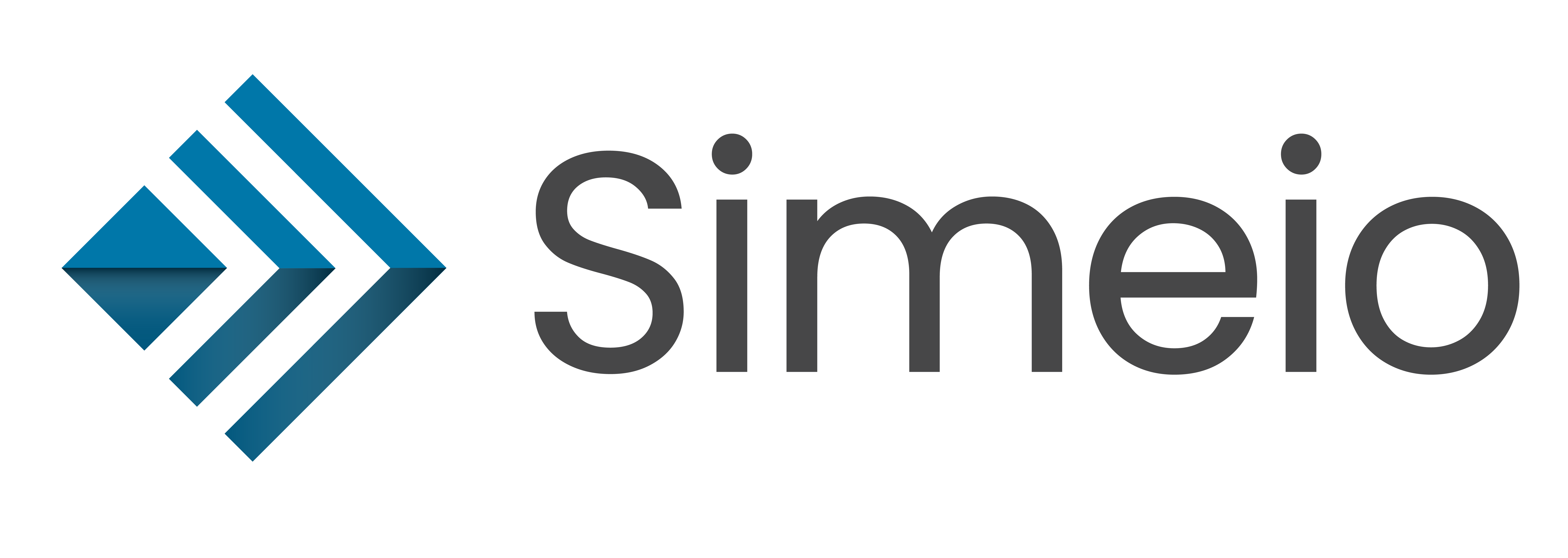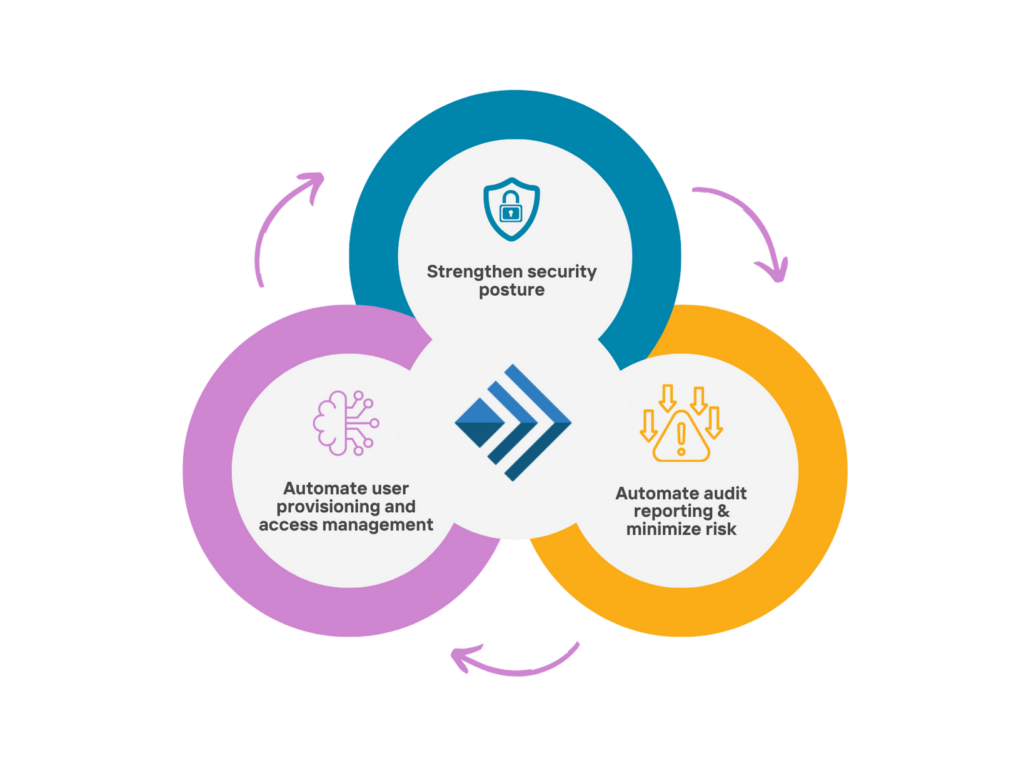
The digital transformation in the financial sector has ushered in a new era. Traditional security perimeters are no longer pulling the weight they used to. Amidst this shift, the zero trust security model has fundamentally changed how security is approached. The guiding principle of this model is the concept of identity governance. This paradigm acts as the foundational layer for security in increasingly perimeterless IT environments. It is particularly relevant in the financial sector. In such an environment involving sensitive customer data and financial assets, the stakes of a security breach are exceptionally high.
Why Identity Governance Matters for Zero Trust
Adherence to zero trust principles, such as the principle of least privilege and stringent user verification, is vital. Identity governance in this context is about much more than managing user access. In fact, it’s most important to understand user behavior, context, and the ever-changing threat landscape. This marks a shift from traditional, static security models to a more dynamic, context-aware approach. Financial institutions must intelligently implement identity governance systems. Consequently, enterprises must adapt to new threats, regulatory requirements, and the complex matrix of user roles and access needs.
This strategic shift in approach brings to the forefront several key challenges that organizations. These challenges, particularly in the financial sector, include:
- Risk of excessive privileges – A significant challenge in adopting zero trust and identity governance is mitigating the risk of excessive privileges. Properly balancing access needs while ensuring security protocols are adhered to is crucial. Excessive privileges pose a security threat and complicate compliance and operational efficiency.
- Need for both cloud and on-premise environmental support – As financial institutions increasingly embrace a hybrid IT environment, the need for identity governance solutions that support both cloud and on-premise systems becomes essential.
- Compliance efforts not efficient enough – Financial institutions face the challenge of ensuring their compliance efforts are efficient and effective.
Each of these challenges underscores the importance of a robust and agile identity governance framework. This framework aligns with the zero trust model, addressing the unique needs and risks of the financial sector.
Critical Capabilities of Identity Governance for Zero Trust
Simeio, the world’s largest single-source provider of IAM and IGA services, delivers a governance framework built on advanced technological capabilities. This includes granular access controls and modeling that can map out the nuanced access needs of various roles within a financial institution. Analytical insights power the automation of provisioning and deprovisioning. Thus you ensure that access rights are managed efficiently, thereby mitigating the risk of insider threats.
Furthermore, the analytics and intelligence components of Simeio’s solutions provide deep visibility into user activities and potential security anomalies. This combines seamless integration capabilities with existing Privileged Access Management (PAM) systems and broader Identity and Access Management (IAM) frameworks, ensuring a unified and robust security posture.
Enabling Zero Trust
Adopting a dynamic, identity-centric approach is essential in financial services, where access decisions can have significant implications. To this end, Simeio’s solutions facilitate this through continuous risk assessment and adaptive authentication mechanisms. This approach enables the option for privileged access. In turn, this ensures that elevated rights are granted only when necessary and under stringent controls. The concept of micro-segmentation, implemented through role-based access controls, further reinforces the zero trust model by ensuring that users have access only to the resources necessary for their specific roles, reducing the attack surface within the organization.
Implementing Effective Identity Governance
Implementing effective identity governance involves a strategic alignment of technology and policy. Prioritizing key governance capabilities like policy enforcement, role management, and compliance alignment can’t be understated. Cloud-based identity platforms provide scalability and flexibility, allowing financial institutions to respond swiftly to changing market dynamics and regulatory demands. Moreover, integrating these platforms with existing Identity Management infrastructure is key to creating a cohesive and comprehensive security ecosystem, essential for maintaining the integrity of financial data and operations.
The efficacy of these strategies is not theoretical. The experiences and testimonials of those who have implemented and benefited from robust identity governance frameworks reflect their success. These real-world insights provide a practical perspective on how these strategies are executed. Additionally, it highlights their tangible impacts on improving security and operational efficiency.
“We were looking for a solution to help us with our Identity Access Management. So, we partnered with Simeio to bring us a cloud-based solution because we didn’t want to spend all our technology time worrying about IAM. We chose Simeo because they brought the best solutions that fit our needs and reduce the existing complexities.”– Chief Information Officer at a not-for-profit financial education provider.
“Simeio had all the answers we were looking for in order to deploy our identity access management solution. From helping us pick our vendor, saving a significant amount of time, to supporting us with our journey in automating our application certifications – Simeo was there all along.” – Identity Management Analyst for a publicly traded, full-service bank.
Fortify Your Digital Future
The financial sector’s move towards digitalization underscores the necessity of a robust identity governance framework. Furthermore, this shift must take place within the zero trust security model. Fortunately, by leveraging advanced identity governance solutions, financial institutions can effectively manage and mitigate the complex security challenges they face. Collaborating with industry experts like Simeio can be a pivotal step in strengthening your organization’s security posture.
Simeio is uniquely positioned to guide and protect your organization. We accomplish this through a blend of identity governance software expertise and a nuanced understanding of financial services. Access to purpose-built technology, identity management processes, and expertise; your institution acquires all of these by choosing Simeio as your identity governance partner. Additionally, we balance productivity and control across your client-facing, back-office, and internal ecosystems. This provides unparalleled protection to user identities, cloud security, and access governance. Simeio strives to provide you with an unparalleled “service first experience that is consultative at every phase of your project. You can expect an IAM solution design and implementation that performs as required, grows with your needs, and provides the security to protect your employees, customers, and brand reputation.
Get the best-in-class IGA services with reliable 24/7 cloud security monitoring and support – with minimal hardware or capital investments, lengthy integrations, migrations, or upgrades required. Simeio’s identity access management services address serious and rapidly changing security threats while minimizing the impact on your organization and employees.
The time to fortify your digital future is now. Their team of experts is ready to help you extract the utmost value from your identity investments, ensuring robust security for the digital era. Talk to an identity advisor today.

